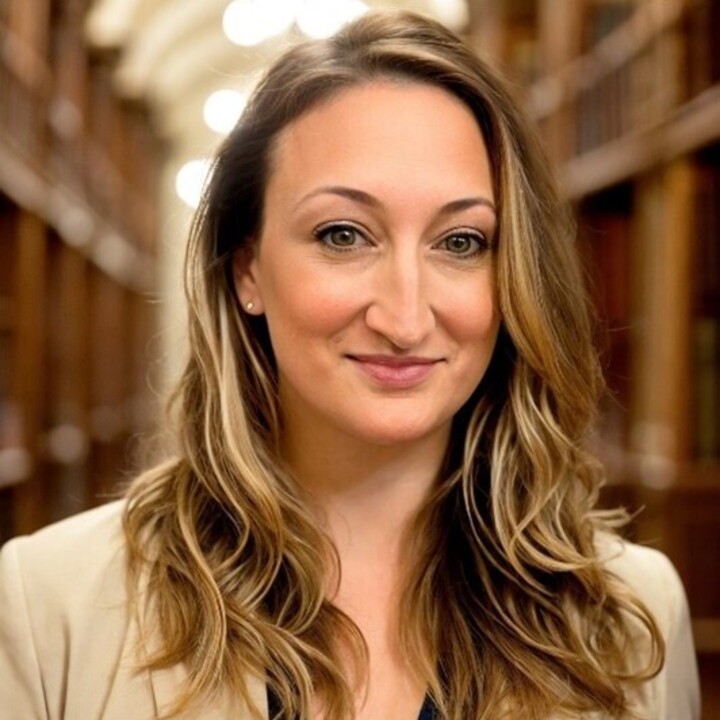Guest Professor Asheley R. Landrum

Asheley R. Landrum is an associate professor at the Walter Cronkite School of Journalism and Mass Communication and a Senior Global Futures Scientist Arizona State University. Her research investigates how values and worldviews influence people's selection and processing of information and how these phenomena develop from childhood into adulthood.
Areas of Expertise:
Audience Engagement; Children & (Science) Media; Confirmation Bias; Conspiracy Theorizing; Identity; Media Literacy; Media Psychology; Misinformation; Open Science; Political Socialization; Public Understanding of Science; Researcher-Practitioner Partnerships; Science of Science Communication; Views and Values
Asheley R. Landrum will visit the University of Mannheim in May 2025 and become part of the project „Sustainable Futures“ (https://www.uni-mannheim.de/en/sustainable-futures-1/).
As guest professor at the University of Mannheim, Asheley will offer the following two workshops and one research talk:
Abstract
The science of science communication is an emerging, multidisciplinary field that investigates the processes that enable individuals to form beliefs consistent with the best available scientific evidence, the conditions that inhibit the formation of such beliefs, and the strategies that can be employed to avoid or ameliorate such conditions. Objectives for this workshop will be understanding the role of science communication in society, identifying the challenges for communicating science information, and becoming familiar with current debates and discussions about the science of science communication.
Registration
E-mail to annette.foersteruni-mannheim.de
Abstract
As the climate warms, mosquito-borne diseases like dengue fever are spreading into new areas, creating serious public health challenges. This trend highlights the growing need not only for strong climate policies that cut greenhouse gas emissions, but also for new medicines and vaccines to protect people’s health. Traditionally, efforts to build public support for these solutions focus either on climate risks or on health risks—but rarely both at once. In this talk, I present findings from a national survey experiment (N = 2,200) that tests a new approach: co-constitutive risk messaging (CCR), part of a broader strategy we call One Health Communication, which ties together the risks of climate change and infectious disease in a single messaging strategy.
Location
Room SN 169 (Röchling Hörsaal, Schloss Mannheim)
Open for everyone, no registration neccessary.
Abstract
Misinformation about science poses significant challenges to public understanding, trust, and policy-making. This workshop explores scientific misinformation's origins, characteristics, and impacts, highlighting its dynamic nature and the sociotechnical factors driving its spread. Participants will examine evidence-based strategies to disrupt misinformation, generally, including interventions targeting supply, demand, distribution, and uptake. Key topics include the role of social media, generative AI, and declining journalism capacity in amplifying misinformation. Attendees will leave with tools to critically evaluate interventions, enhance access to reliable scientific information, and contribute to advancing the science of misinformation through cross-disciplinary dialogue and research.
Registration
E-mail to annette.foersteruni-mannheim.de